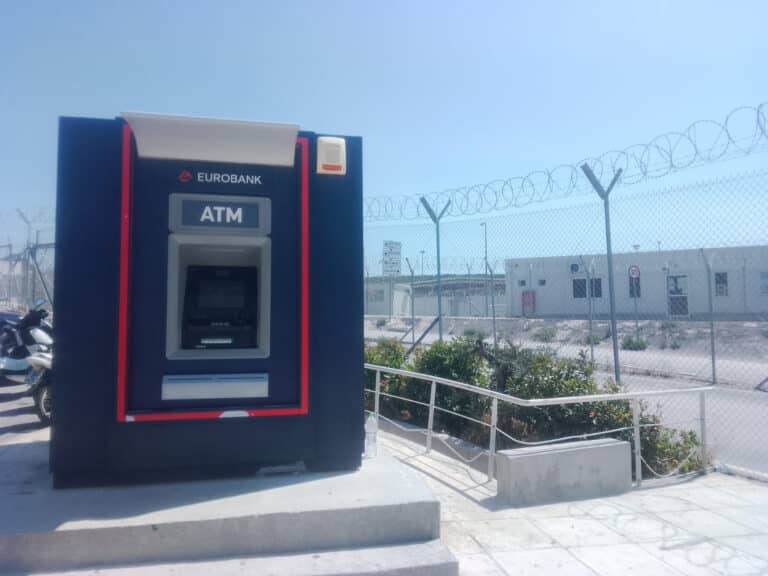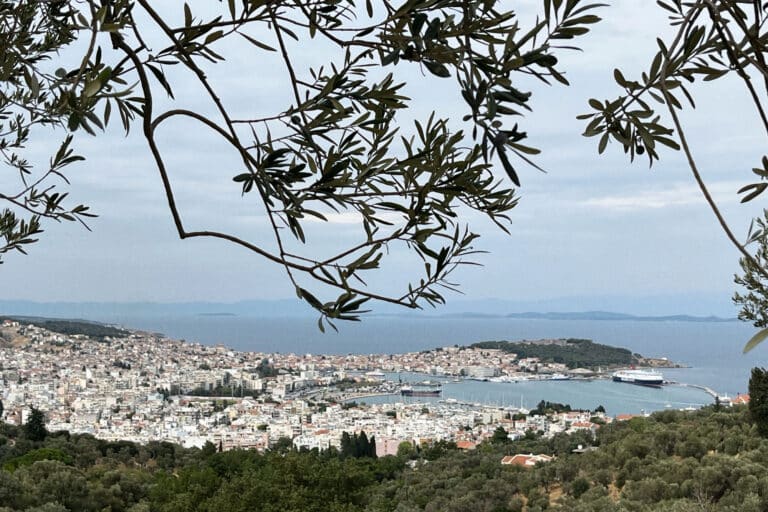CPTnet
26 March 2012
IRAQI KURDISTAN REFLECTION: Ten thousand eyes were watching
Kathy Moorhead Thiessen
An activist friend of CPT Iraqi Kurdistan
once said, “Kurdish families are very connected, but also everyone knows
everyone in Kurdistan. When you become an activist you have to be concerned not
only about your blood connections but you have to be concerned about 10,000
people who know about you and hear everything you say and watch everything you
do.
Muhammad Salah Mahdi, our partner,
translator and friend, met CPT in 2006. At that time he was a driver. He
noticed quickly that driving for CPT put him into an unusual situation; the team
invited him to sit together with them at meetings
and asked for his opinion and
advice. He took the opportunity to increase his English proficiency, which
helped him in his other job, as an elementary school English teacher. Gradually
he added to his job description: driver, translator, advisor, friend and activist.
The team began to appreciate his
ideas about how to send out messages to the Kurdish people. He joined with the team in various actions such as
dressing his truck with signs and an “injured” mannequin to illustrate the
issue of Turkish and Iranian cross-border bombing and shelling.
On 14 March 2012, Muhammad came to the CPT house with a plan. That day the new prime minister of
Kurdish Regional Government, Nechirvan Barzani, visited Suleimaniya to discuss the split in the government with
the opposition party, Gorran (Change) List. When Muhammad heard of this visit
he decided this was the day for him to become a lone activist without the
safety net of saying he was working for CPT. He knew the eyes of the region would be upon him. He expected
the media would pick up his message. He hoped that Barzanni would see his lone
figure through the tinted glass and think for a moment. His hand written banner read, “Don’t be
afraid of reform. Start with yourself. Make history for yourself.”
Muhammad drove his truck out to the gates
of Gorran hill. He stood by himself with his sign. Barzani’s cavalcade moved
past him without any obvious acknowledgement.
But he was right; 10,000 eyes were
watching. The television media spent
more time on his story than Barzani’s visit. Photos and written releases were
on many of the Kurdish internet news sites. Muhammed’s family was not happy
with his decision. Why did it have to be him to do this action? Why would he bring
himself to the attention of the government? Did he not remember that such
activity can be very dangerous in this society? People from across the region phoned to say they had seen
him. Some of these were congratulatory, others wondered about his sanity.
Muhammad is not afraid. He wants a
government who listens to the people, who treats them in a fair and wise way.
This action was his way for him to tell them they deserve such a government and
express his hope that someday corruption will end and real democracy will rule
in Kurdistan.



